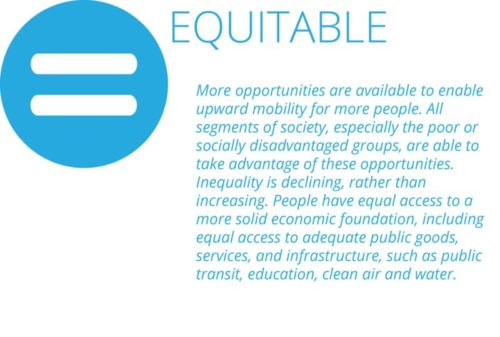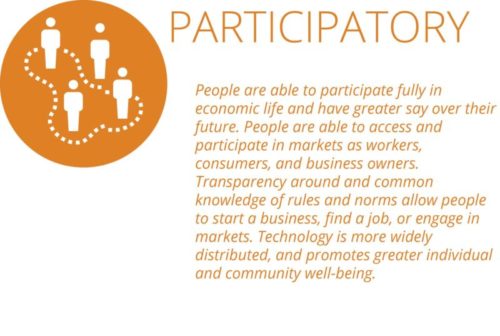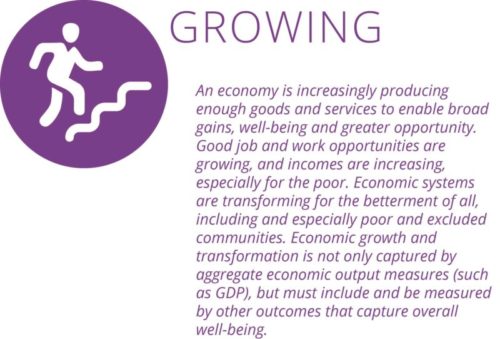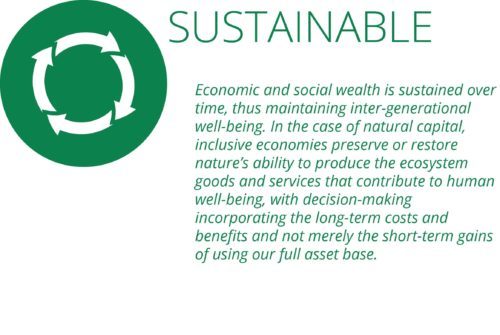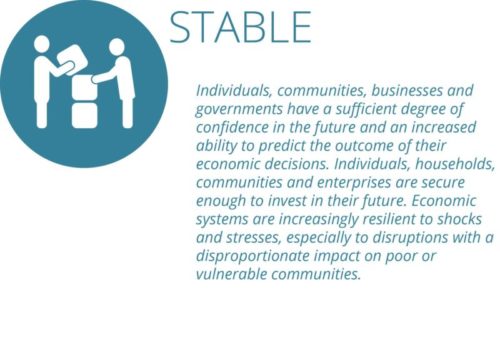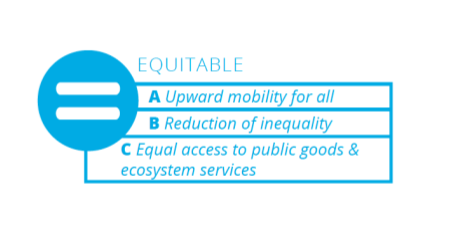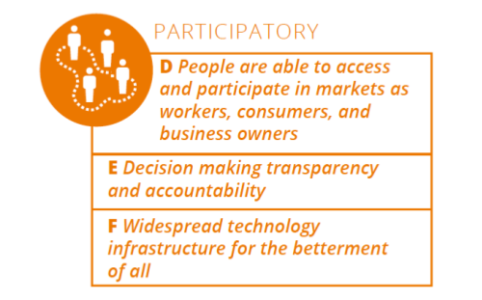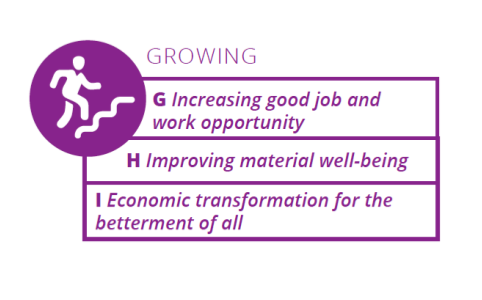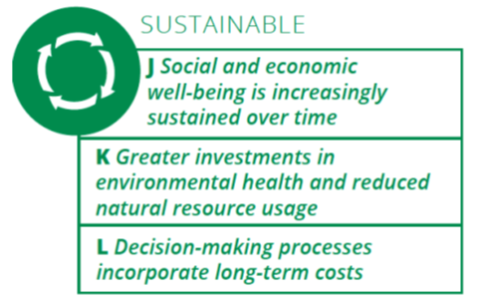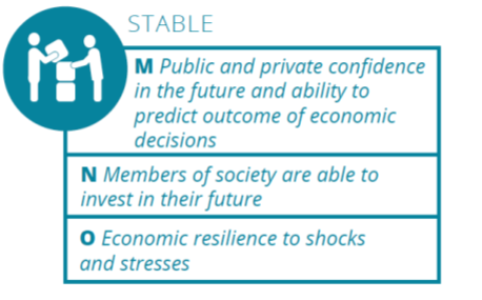Promoting inclusive economies has become an important theme in international policy discussions, but there remain major gaps in our understanding of the components and determinants of greater economic inclusion. The overall goal of this project is to help contribute to developing a more comprehensive and coherent approach to promoting the development of more inclusive economies. Our starting point for this particular inquiry is the framework developed by the Rockefeller Foundation, which defines an inclusive economy as one that “expands opportunities for more broadly shared prosperity, especially for those facing the greatest barriers to advancing their well-being”, and argues that there are five critical characteristics that define an inclusive economy: equity, participation, growth, sustainability, and stability. The first phase of this project saw the development of an indicator framework that tracks progress towards greater economic inclusion along these 5 dimensions with subsequent 15 sub-categories and 57 separate indicators (a more comprehensive review of the framework can be found here). In our recent work we extend this analysis to sub-national contexts, focusing on three key case studies—rural-urban connections in South Africa, urban development in Colombia and rural development in India—while also incorporating insights from our similar work in the United States. While we include some empirical analysis of patterns of inclusion in our case studies (in companion reports), the primary purpose here is conceptual and methodological, not empirical. Through this work we hope to help understanding along three key questions, listed below, with some preliminary cross-cutting conclusions.

